10 Reasons Backpacking Is Better Than Bikepacking
I’ve done a lot of backpacking; I’ve also done a lot of bikepacking. While I’m by no means the most experienced person on Earth when it comes to either, I feel that I have enough experience with both to warrant a comparison of the two.
The verdict?
Backpacking is, objectively and in every context imaginable, better than bikepacking.
Before you start yelling that I’ve taken an incorrect stance on the issue, please remember that 1) this is only my (completely justifiable and rational) opinion, and that 2) no, you are wrong.

You Can Hitchhike
This may not be the first thing everyone thinks of when relating backpacking to bikepacking, but being able to hitchhike while backpacking is a considerable advantage compared to bikepacking. Sure, you can technically hitchhike with a bicycle, but your options will be severely limited since you’ll have to find someone with a bike rack, a truck, or a car large enough to fit your disassembled (and probably filthy) bicycle. Hitchhiking is incredibly useful while traveling and backpacking, and having a bike severely handicaps your ability to catch a ride.

You Can Get to Remote Places
Yes, you can get to remote places on a bicycle. However, to reach these places, you’ll need to navigate an existing road or trail (most of the time). On foot, you have the entire world accessible to you. That mountain peak or unnamed pass? Scramble up and/or over it. That boggy swamp? Get those feet wet. That temple in Japan with 3,333 steps up to the top? Start stepping. Yes, bikepacking can take you places, but backpacking can take you anywhere that bikepacking can take you; the same cannot be said for the reverse.

You Can Travel Easily
Yes, hitchhiking is far easier when you’re backpacking instead of bikepacking, but so are all other means of transportation. Need to catch a bus, train, taxi, or boat to your destination? Not a problem when all you’ve got is your body and your backpack. Getting on a plane? No issue when backpacking. A nightmare when bikepacking. Not only do you have to worry about transporting your bicycle if you’re bikepacking, you need to make sure you can transport your bicycle safely and securely. It’s a much more involved task than simply throwing your backpack into a luggage compartment or holding it on your lap. You’re free when you’re backpacking; when you’re bikepacking, you’re a prisoner of your bicycle. Point, backpacking.

You Don’t Need Specialized Knowledge
Yes, you do indeed need some prior knowledge to recreate responsibly and safely in the backcountry while backpacking. However, nearly all the knowledge you need for backpacking you also need for bikepacking. And then, on top of all that, you also need to know how to bike correctly (if you’re going to be traversing technical terrain), and you’ll need to learn how to perform field repairs and maintenance on your bike. Often, it takes a lot of time and hands-on practice to become confident and competent with these skills. Is this knowledge a massive barrier to entry for bikepacking? Not necessarily. But it is, undoubtedly, a higher barrier to entry than that encountered while setting off on a backpacking trip.

You Can Rest Easy in Town
Town and/or resupply stops are inevitable in any long-distance bikepacking or backpacking trip. But as a backpacker, town is a much more accommodating place. For one, you don’t have to be worried about places denying you entry because you have a bicycle. Even if you have a lock for your bike, that doesn’t protect everything inside your bags (not to mention many locks can be quickly and easily defeated). I’ve been denied entry into businesses and refused accommodation at hotels while traveling with my bicycle. It’s undoubtedly a huge liability. Even if you’re just popping into somewhere for a bite to eat, leaving your bike outside can be a stressful experience (I always try to sit near a window where I have a clear line of sight to my bike)—only having to worry about and contend with having a backpack in town? Far superior to having to worry about your life on two wheels.

You Can Do It Anywhere
Many places are hostile to bicycles – not just restaurants and hotels in towns, but trails and outdoor spaces as well. In the United States, in all wilderness areas and most National Parks (which collectively are home to some of the country’s most spectacular scenery), bicycles are prohibited (in the case of National Parks, this typically applies only to trails – which typically provide access to the park’s best scenery). The only place you’ll find yourself unwelcome as a backpacker is if you happen to stumble into a mountain bike park somehow. Even these places typically have separate hiking trails for pedestrian access. In other areas, you may find the terrain too inhospitable for bicycles – even if you’re technically following a road. I’ve been passed by hikers numerous times while pushing my bike up hills bikepacking; it’s a demoralizing experience.

You Can Socialize
I’ve been surprised in the past by the amount of socializing that is to be had on long-distance bikepacking trips. Still, it’s nothing compared to the socialization to be had on a long-distance backpacking trip (or even a moderate/short-distance backpacking trip). Maintaining the same pace as someone else on a bike is a far more deliberate task than maintaining someone’s hiking pace. Riding two by two on roads can be dangerous, and riding too close together on single track can be equally dangerous. Something else that contributes to the lack of a social scene bikepacking? The popularity relative to backpacking. I have not researched this, but from a purely anecdotal assessment (which we all know is always the most accurate), backpacking is far more popular than bikepacking. Friends aren’t for everyone, but if you’re looking for some, you’re probably better off doing so off two wheels.

You Can Take Your Time
While backpacking, you can really get to know a place – by spending enough time there, you’re comfortable speaking confidently afterward about the place you visited. Bikepacking, you’re always paying attention, but more so to the terrain in front of you opposed to the environment surrounding you. When you’re backpacking it’s easy to change your route – take a look at a map, see a trail or a pass, take it. Bikepacking, you need to stick to a more rigid itinerary. Is there a road, is there a trail, and is it passable by bicycle? Sure, a bike can be a quicker means of transportation if you are on a nicely paved or graded road, but once you get into unrideable territory, a bicycle becomes a huge liability, and you’ll end up traveling slower than you would on foot while at the same time being so occupied with pushing your bike across the terrain that you won’t have any opportunity to enjoy it.

You Don’t Need a Ton of Money
There’s no two ways about it, bikepacking is more expensive than backpacking. Typically, you need everything bikepacking that you need backpacking – except maybe the backpack. In exchange for the backpack, you now have a bicycle, all the components that went into building that bicycle and making it more comfortable to ride, bags for your bicycle, and everything you need to maintain and repair your bicycle while bikepacking – and, of course, a helmet. The costs associated with bikepacking – before even getting into what you may end up paying to have things repaired or replaced at bike shops along the way – are enormous compared to that of backpacking. It’s a huge barrier to entry. A bicycle alone – before adding any accessories or bags – could easily dwarf the cost of an entire backpacking kit.

You Can Fix Things
It’s advisable to bring both a repair kit and a medical kit on both bikepacking and backpacking trips. However, it’s possible to bring nearly everything you would need to repair or fix any piece of your gear on a backpacking trip while accomplishing the same on a bikepacking trip would be near-impossible. Yes, there are a lot of tools, parts, and spares you can bring on a bikepacking trip, but it’s not practical (or sometimes possible) to bring everything you may need should things go south. Every time you go on a bikepacking trip you’re taking a risk – a risk that some catastrophic failure befalls you and your pedal machine and that you’re trip is either over or resumable at great personal expense. Backpacking doesn’t have this pitfall. Any gear failure while backpacking can (generally) be managed in the field with a prepared repair kit or easily handled in town. Duct tape is more a friend to the backpacker than the bikepacker.

Bonus: The Weather Can’t Stop You (As Much)
Weather can dampen your experience while either backpacking or bikepacking, but the weather has much more control over your experience on a bike versus on foot. Rain, snow, or wind can bring your bikepacking trip to a halt much more easily than your backpacking trip. A muddy gravel road can quickly turn to peanut butter mud, bringing your bike to a literal standstill, making it impossible to pedal, push, or even carry it. Sure, hiking through mud isn’t the most enjoyable activity, but it’s at least possible. Playing victim to the whims of the weather is just one more complicating factor to the world of bikepacking. Once again, the backpack wins out.

Wrap Up
If you haven’t yet waded into the backpacking world, I welcome you, friend. Backpacking opens up a whole world of new adventures that bikepacking can never hope to take you. Whether you’re climbing mountains, exploring slot canyons, or fording rivers to access remote valleys, backpacking is the clear choice when it comes to your next great adventure.
Heading out for something more rugged? Get a bike with suspension and flat bars. Something more akin to the Tour Divide? Maybe a rigid frame and drop bars are more your speed. There’s a bike for every endeavor, and you can never have too many (bikes or adventures).
Not convinced? Leave a comment and let me know why you think I’m wrong. It won’t change anything (as the argument laid out here is entirely flawless), but I’m still interested to hear what you have to say.

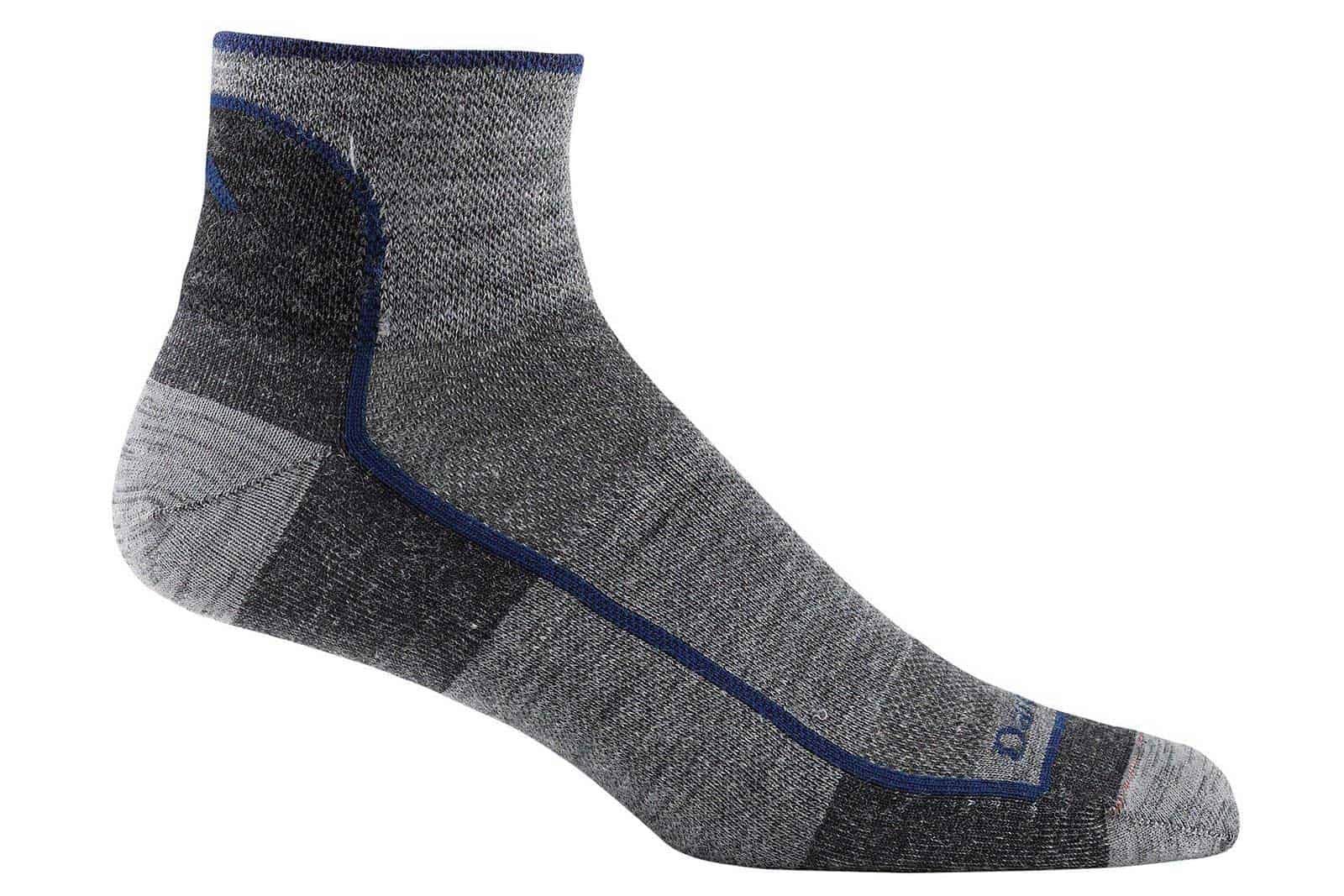
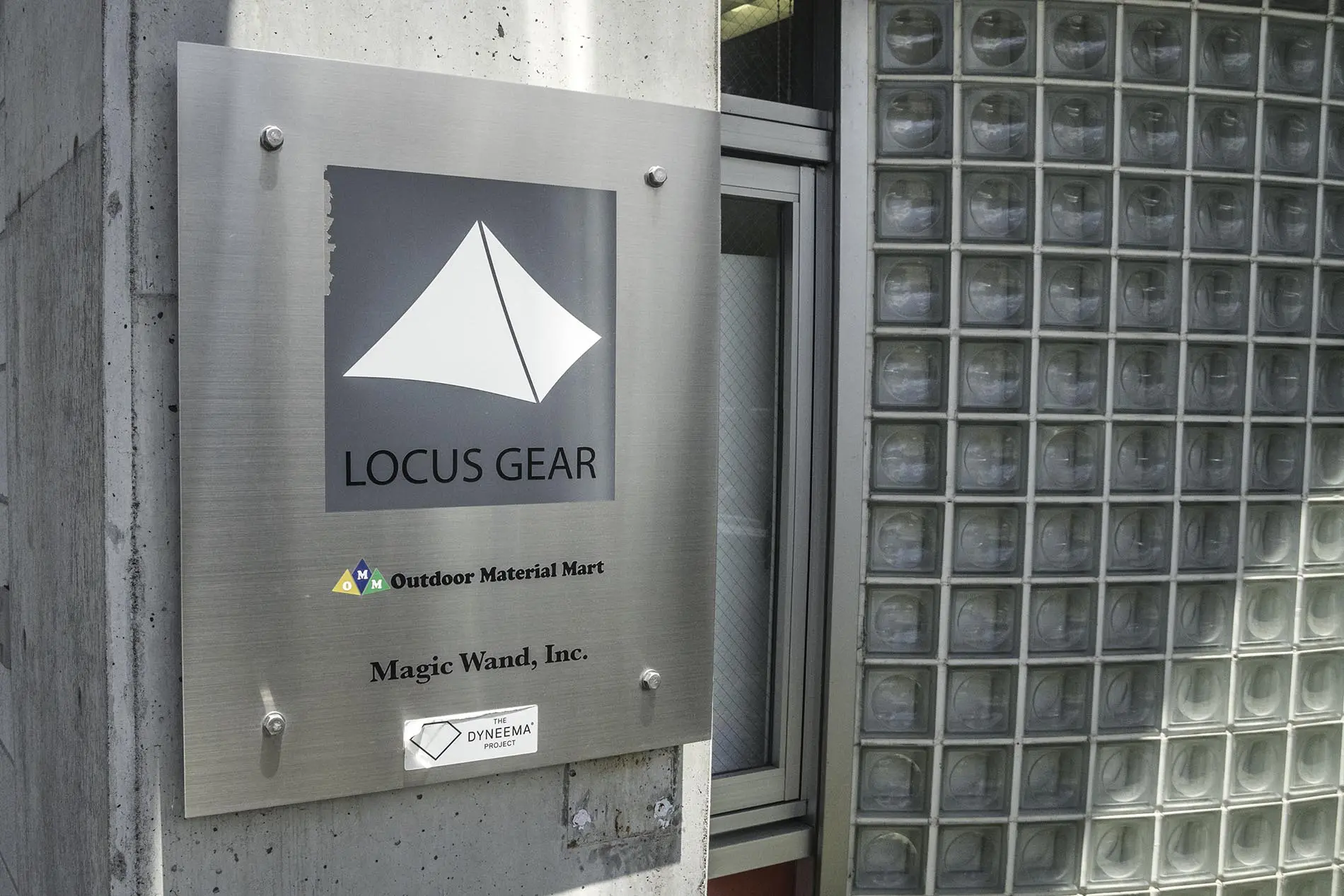

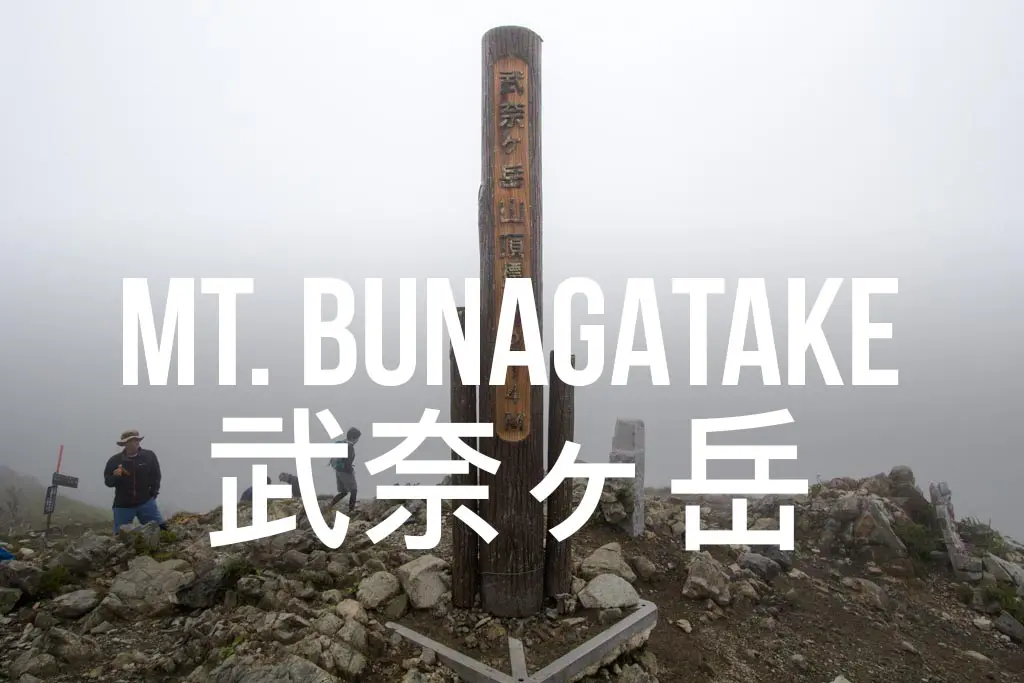
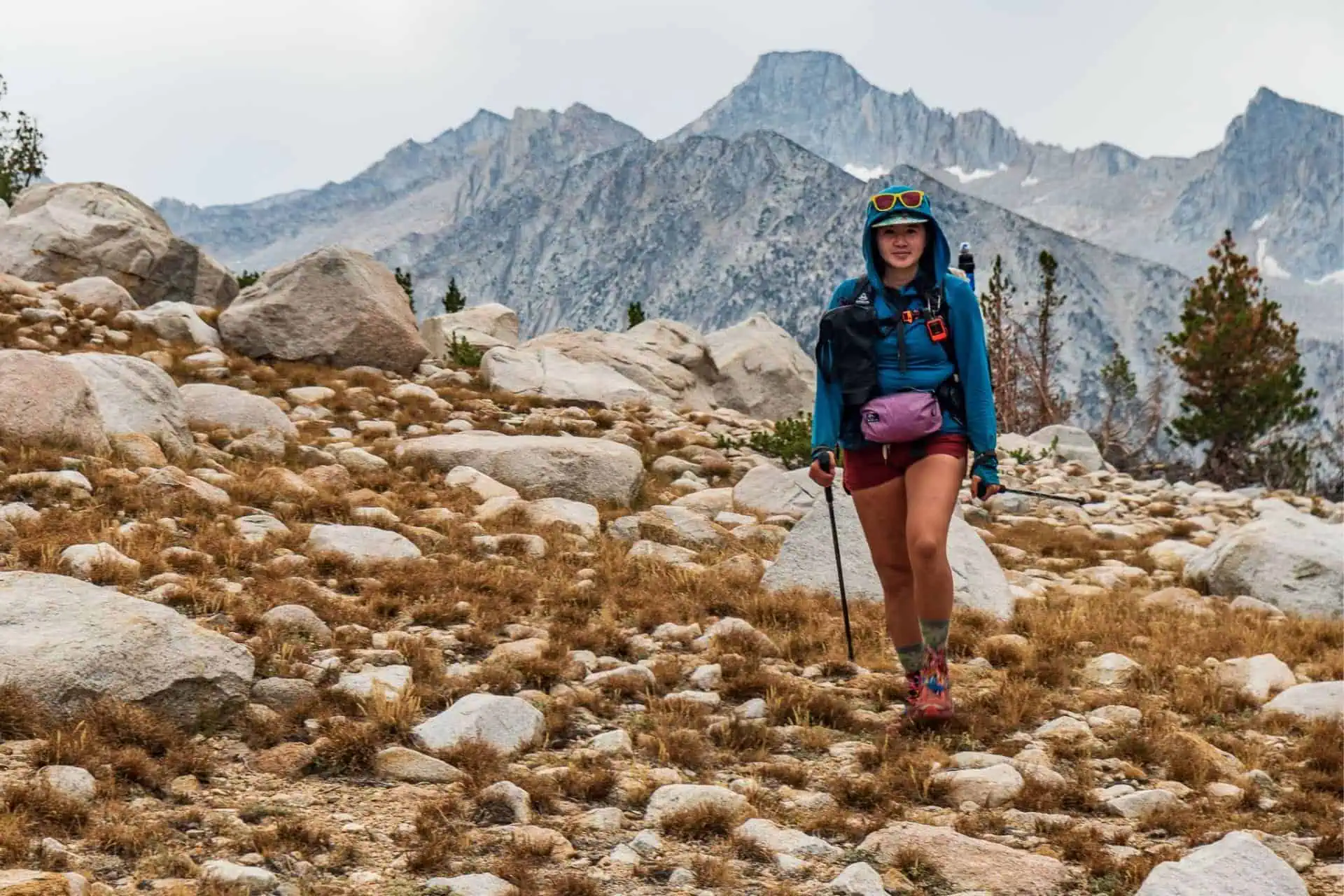
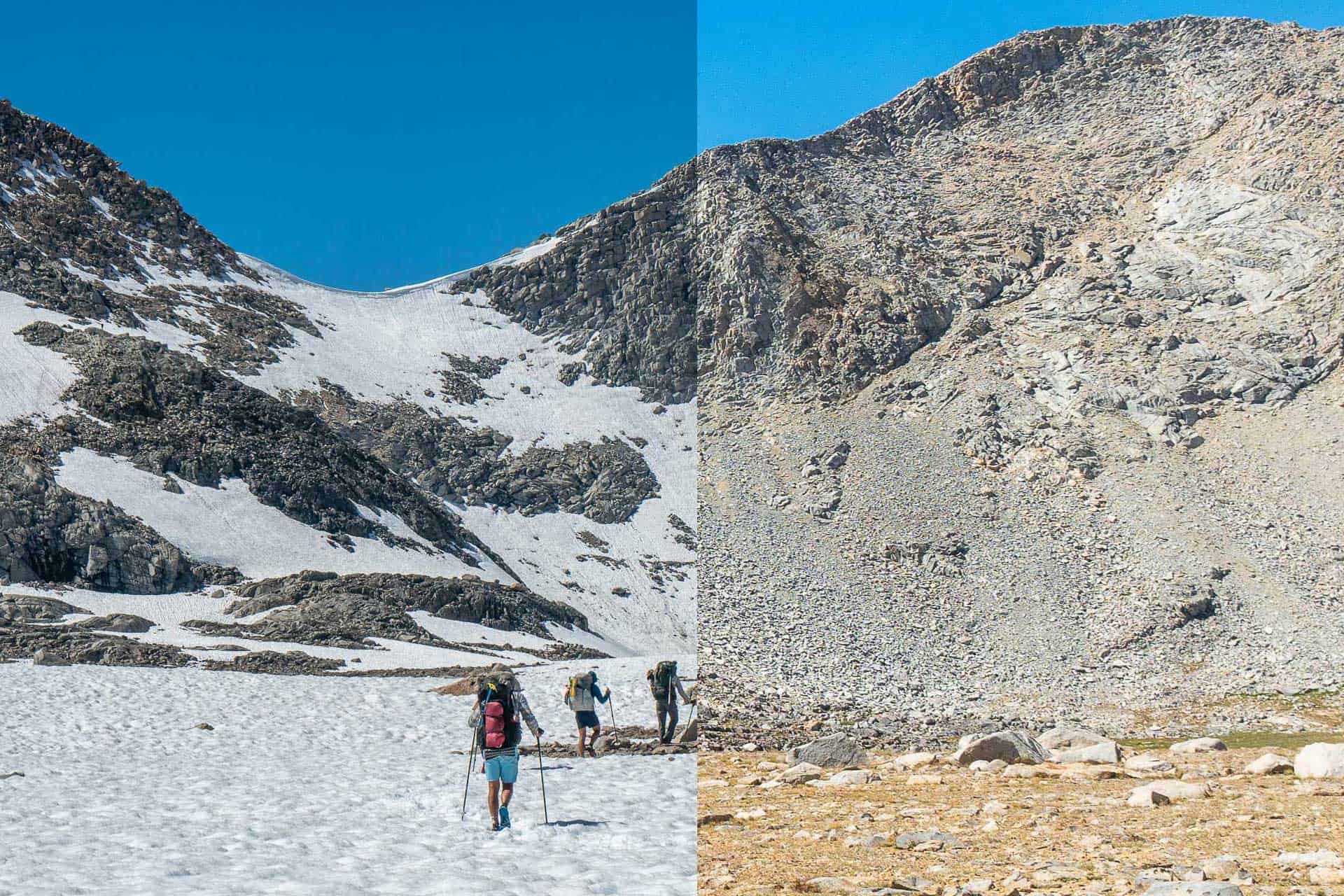
Backpacking is 100% better than bikepacking, I agreeee! (Also going down a steep slope on a bike? Arguably terrifying with a high potential for injury. Going down the same slope as a backpacker? If there’s ice or snow you can glissade! Weeee! Also much less scary, and much less injury risk if you have good footwear on!)
(Plus trekking poles. You can’t use trekking poles on a bike and trekking poles are a hiker’s best friend when it comes to injury prevention in my opinion!)
Glissading is an excellent point that I’ll probably add to this list. Glissading on a bike not nearly as fun.
All great points; I love both, but lean toward backpacking as well.
Obviously, the only choice.